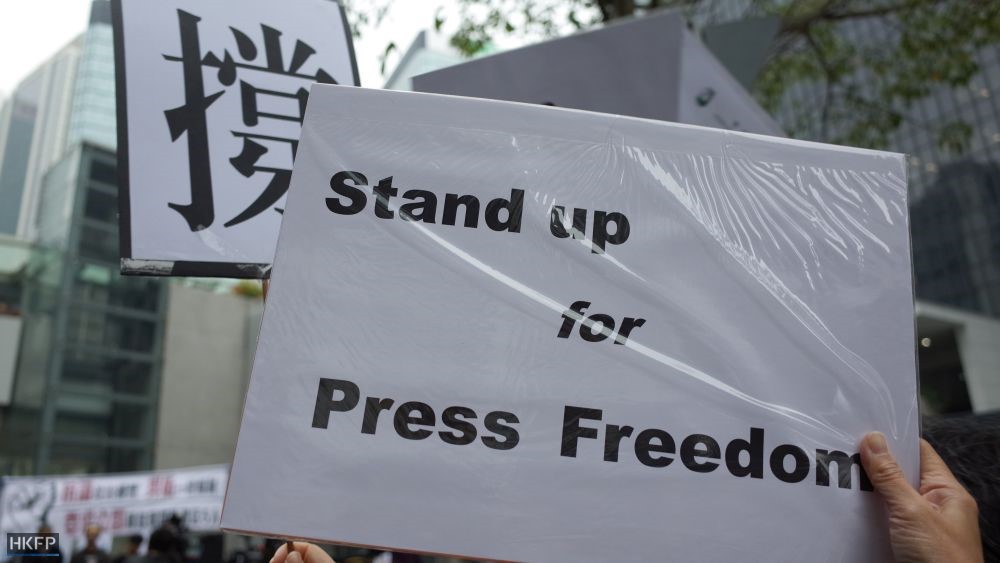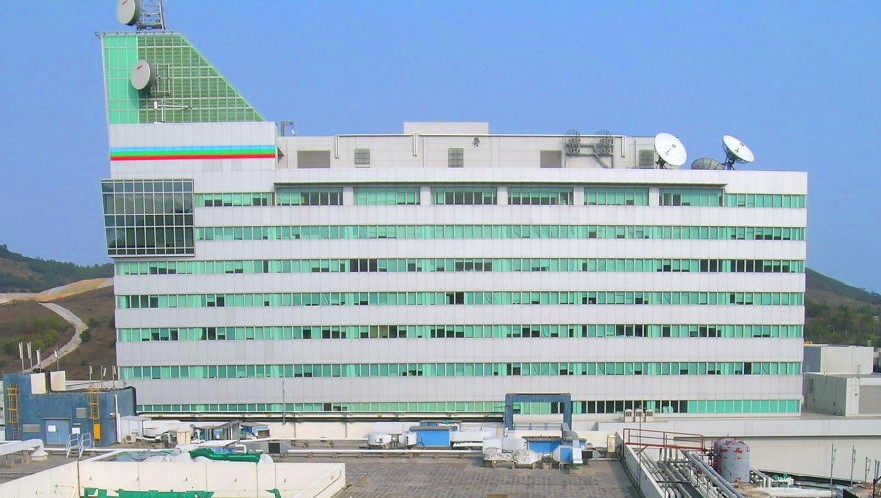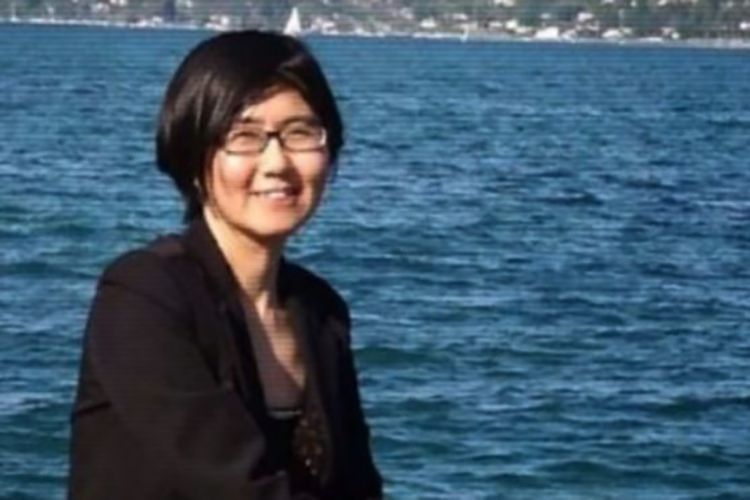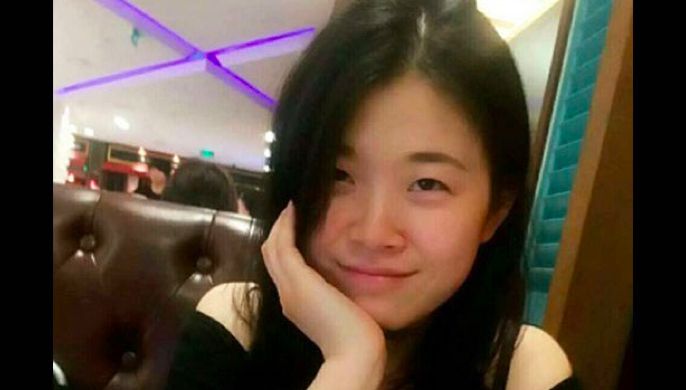The Hong Kong Journalists Association (HKJA) has criticised the city’s news outlets for featuring “confessions” made by mainland Chinese suspects, and has raised the alarm over the flood of “red capital” into the local media sector over the past year.
Its annual report, entitled Beijing turns the screws on Hong Kong media, the association claimed that there was “no doubt” pressure from Beijing was the main reason for the erosion of press freedom over recent years.

The industry watchdog expressed concern over mainland Chinese investment in local media firms – sometimes originating from Communist Party-affiliated individuals or businesses. It described the substantial mainland ownership of free-to-air broadcaster TVB as being part of Beijing’s “Great Overseas Propaganda Plan.”
A Securities and Futures Commission inquiry in May revealed that Hong Kong resident Charles Chan was the majority owner of voting shares in a consortium – Young Lion – controlling TVB. However, Shanghai firm China Media Capital – headed by Communist Party member Li Ruigang – was found to be the majority owner of non-voting shares.
Up to 90 per cent of Young Lion’s share capital is composed of non-voting shares. Overall, Li is the largest shareholder of TVB, holding approximately 20.5 per cent.

“Beijing understood the importance of united front work and would try very hard to win territory in different sectors to influence ideology and public opinion,” HKJA chairperson Sham Yee-lam was cited in the report as saying.
While Sham said that mainland investment in Hong Kong media is not problematic per se, the HKJA called on the government to defend press freedom and to avoid enacting a national security law without societal consensus.
‘Confessions’
The watchdog highlighted two interviews conducted last year by pro-Beijing media outlets Oriental Daily and Sing Tao Daily with detained human rights lawyer Wang Yu.
They took place a day before Yu’s trial – before her family and lawyers were able to contact her.
In recent years, a string of televised confessions have been broadcast on state media outlets in mainland China. They are non-judicial and may have been made under duress.

HKJA also referenced the South China Morning Post (SCMP)’s July 2016 publication of an interview with detained human rights legal assistant Zhao Wei, in which she expressed regret for her activism.
“According to sources in the newspaper who declined to be named, Ms Zhao’s contact number came from ‘the top,’” the report said. It claimed that frontline staff at the Post tried to handle the story in a “more professional way,” with another reporter interviewing Zhao’s husband and lawyer for balance.
The questions they raised about her freedom and the authenticity of her confession were included in the SCMP’s report. It also stated that the Post could not verify her location or whether she was under surveillance during the interview.

“The media – as in the case of the South China Morning Post – can work against such set-ups,” the HKJA said.
In an emailed response to HKFP, an SCMP spokesperson said that their article addressed the circumstances of the interview “with clarity,” noting that Zhao declined a face-to-face interview whilst reporting that her husband cast doubt on whether she was was forced to recant: “These facts were stated plainly in our article, and in adherence to SCMP policy, we did not editorialise in a news report… The South China Morning Post’s future will continue to be rooted in objective, fair, and critical journalism.
The Alibaba-owned daily did not comment on how it obtained access to Zhao.
Digital media access
The watchdog urged Hong Kong’s new administration to enact a freedom of information and archives law, and also demanded the government grant digital media access to government facilities and news feeds.
Despite promises of a review, online-only media firms remain barred from asking questions of officials at press conferences and cannot receive government press releases.

“The government ban on access is both unreasonable and unacceptable not just in the eyes of the HKJA, which has been campaigning against the government’s discriminatory measures, but also the Ombudsman.”
“Further, all chief executive candidates, including the new leader, Carrie Lam, signed an HKJA charter which included a pledge to lift the government ban as soon as possible,” it said.
